The Reach
On The Reach blog, we highlight individuals and organizations from MFF’s network who are tackling some of today’s biggest challenges. In our bimonthly newsletter, also called The Reach, we share these posts and other resources in order to create an ongoing conversation with our readers. Check out our email campaign archive here and subscribe below to keep up with our latest news.

Op-Ed: How funders can combat nonprofit leadership burnout
Funders should to invest in people AND causes. If you want to make transformational change through community based and grassroots nonprofits, invest in their leaders

Your MAP Fellowship questions, answered
We sat down with a few 2021 MAP Fellows to learn about their Fellowship experience and share their advice for potential future Fellows.

The power of lived experience
After leaving prison, Sean Pica helped found Hudson Link for Higher Education in Prison, an MFF partner organization.

Three giving trends to watch in 2022
In 2020, MFF partnered with the cultural consultancy sparks & honey to create the Future of Giving report exploring five cultural shifts and their impact on philanthropy.
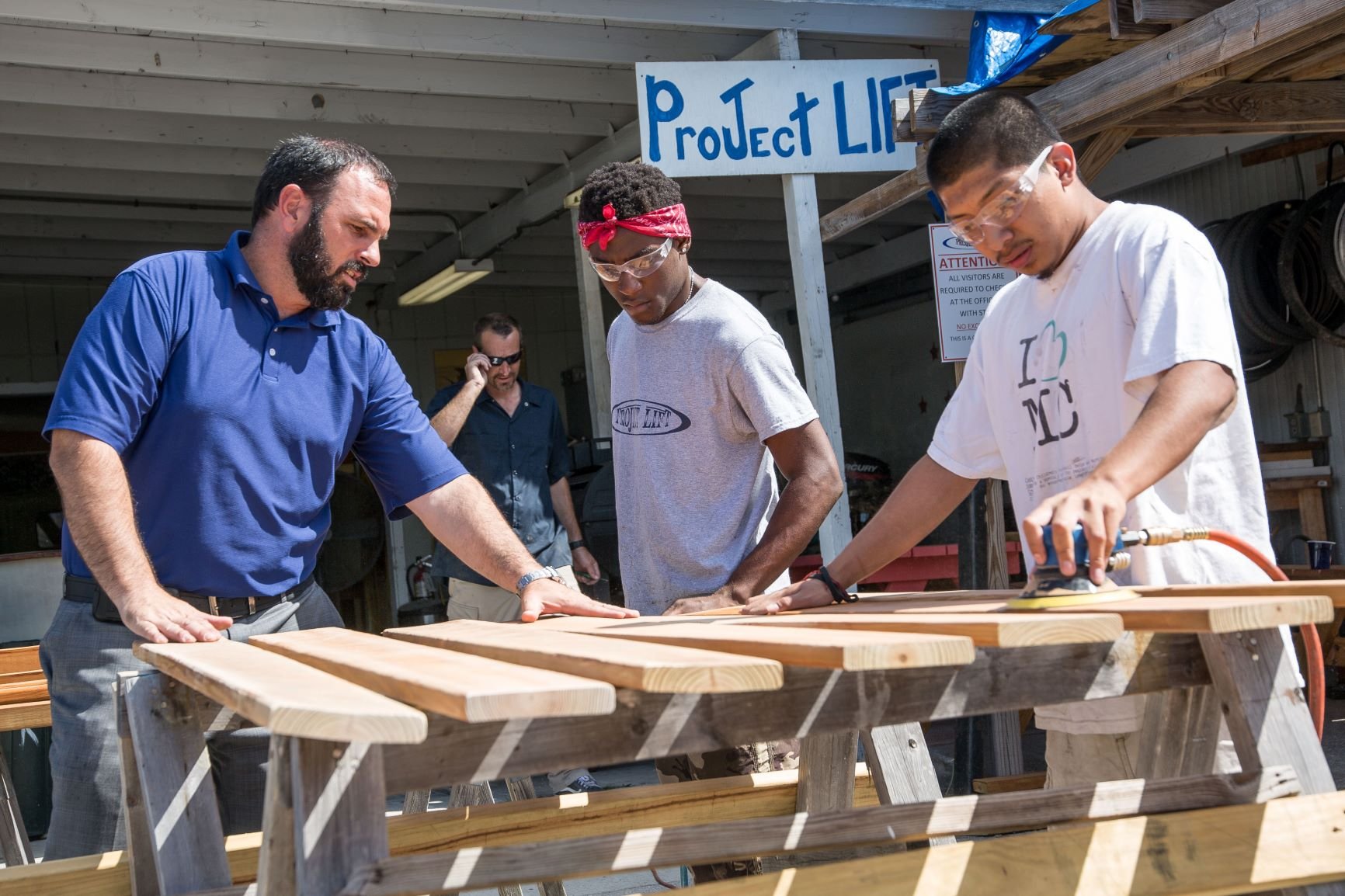
Community change through collective giving
Impact100’s support for the local nonprofit Project Lift has been transformative for helping improve the lives of at-risk teens and their families.

Education is at our core
In 2021, roughly 35 percent of Morgridge Family Foundation grants went to education-focused organizations – the highest percentage of any focus area. Since our founding in 2008, 57 percent of all MFF grants have supported education directly.

Building healthier futures through collaboration
In March 2022, MFF partnered with the United Way Dane County to fund two new initiatives based in the Madison, Wisconsin area.

What is disruption?
At MFF, we use the term disruption to mean shaking up stale systems and finding more productive ways to address systemic issues.

How to build an authentic online presence in 6 steps
Research shows that getting authenticity right in external communications does make a big difference in performance, especially with young viewers.
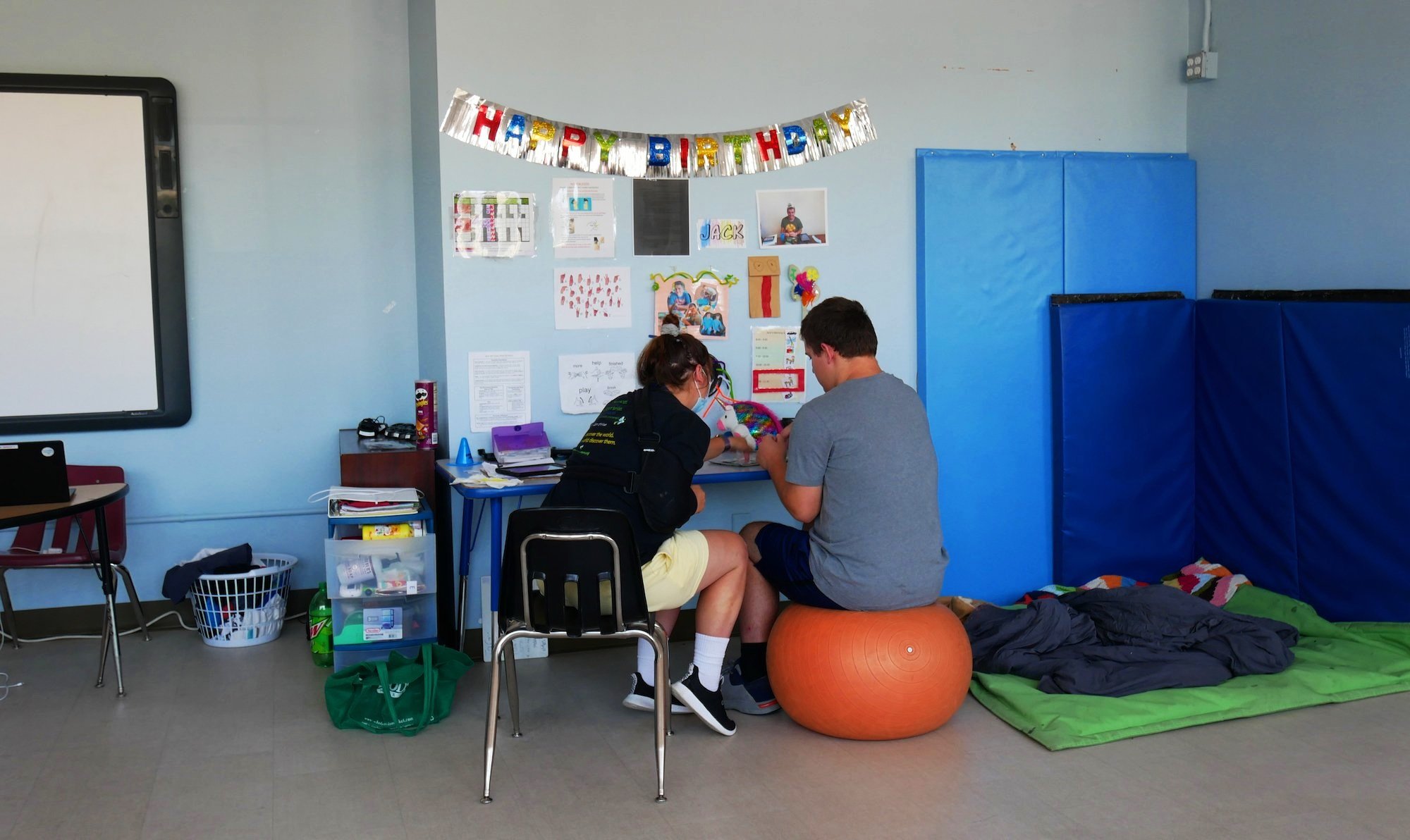
Changing the landscape of behavioral and mental health
Firefly Autism’s goal is a world where everyone has access to the support and solutions needed to maximize learning potential and individual success.
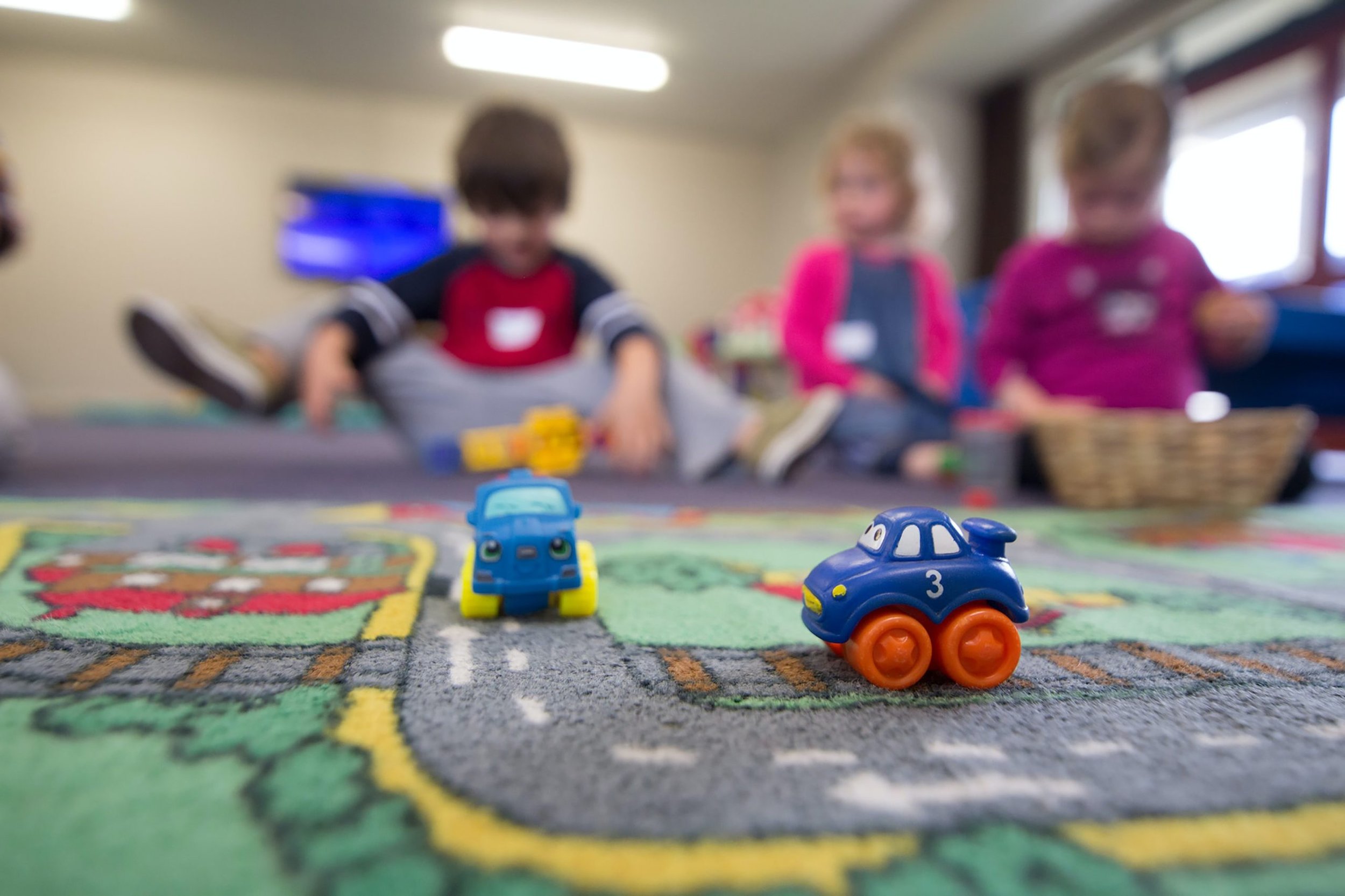
Defining child welfare and busting common myths
According to contributor Elisabeth Wilson, child welfare is much more than the articles online, and much bigger than any one caseworker or agency.

Focusing on resiliency is good for the environment and good for politics
Earth Day is the perfect time to reflect on how we can be better stewards of this incredible planet and ensure that future generations can enjoy it.

A quick guide to TikTok for nonprofit professionals on a budget
If you think TikTok is just teenagers performing viral dance trend, then it’s time to update your ideas about the wildly popular video sharing platform.

7 fundraising ideas guaranteed to bring in the big bucks
Move aside, bake sales and galas. You’re basic. The team at MFF has curated seven “fool”-proof ways to boost your fundraising efforts.

Disrupting the child welfare system through policy
The child welfare system in the US is ripe for disruption. That’s why MFF is investing so heavily.

Early exposure to the arts helps students excel in school and in life
Students involved in the arts are 4x more likely to be recognized for academic achievement and 3x more likely to win an award for attendance.
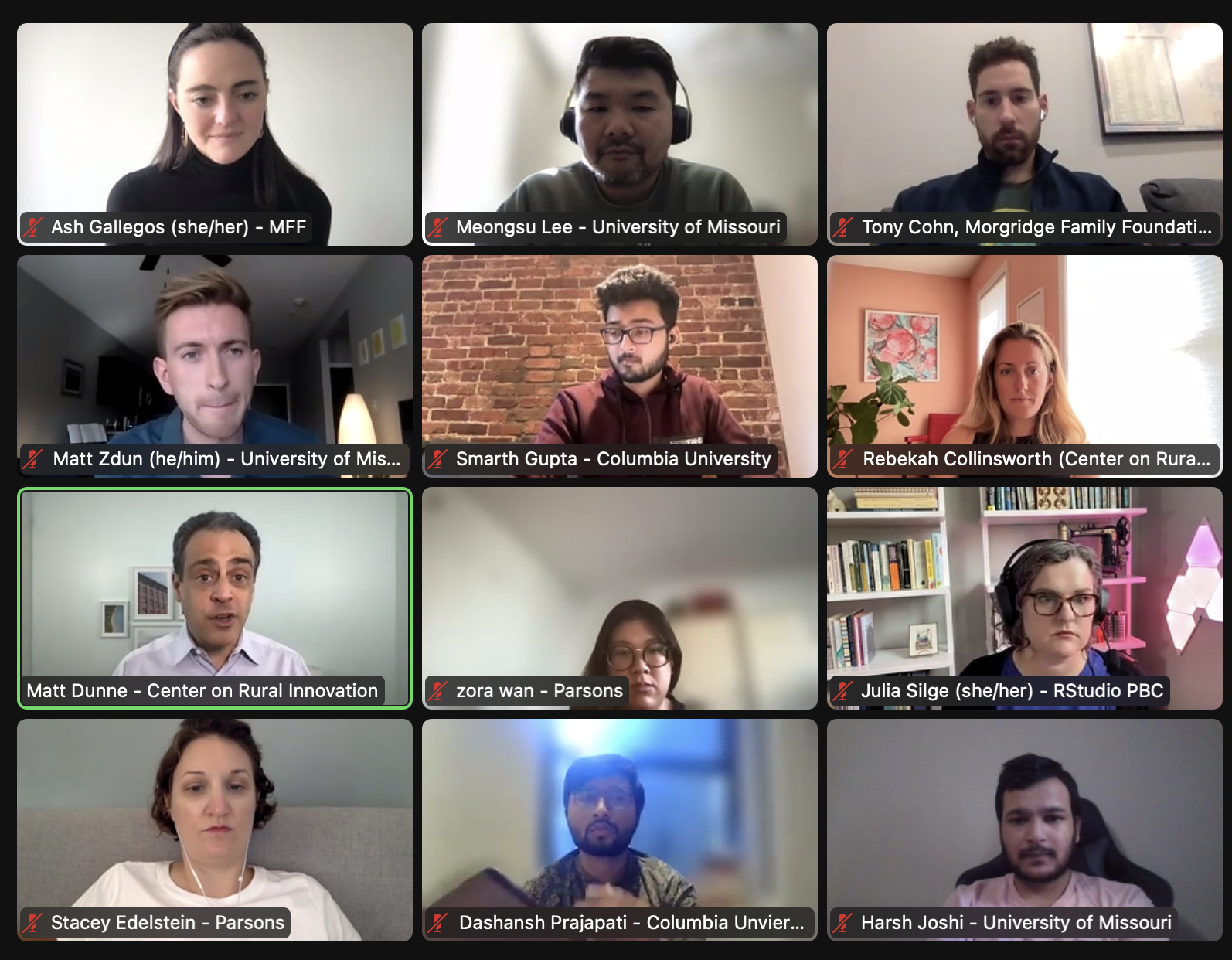
Behind the scenes of the 2022 MAP Project48 competition
This year, the Morgridge Acceleration Program (MAP) partnered with the Center on Rural Innovation (CORI) to hold a 48-hour impact-athon.

Why mentorship matters
According to 2020 MAP Fellow Ellis Milano, a great mentor helps you get out of your own way and reach your potential.
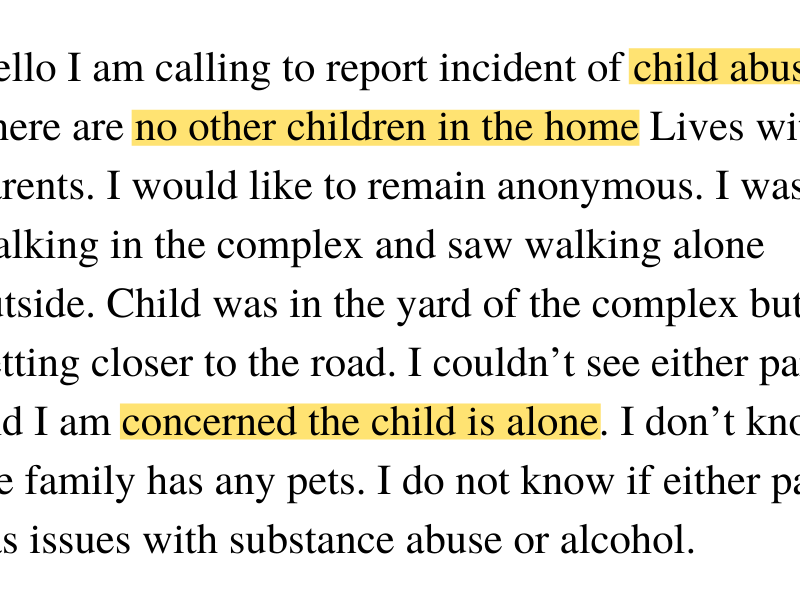
It’s not just about numbers: Language as data for child welfare
While we often look at the numbers in child welfare to tell us how the kids are doing, text analysis can be another valuable source of data.
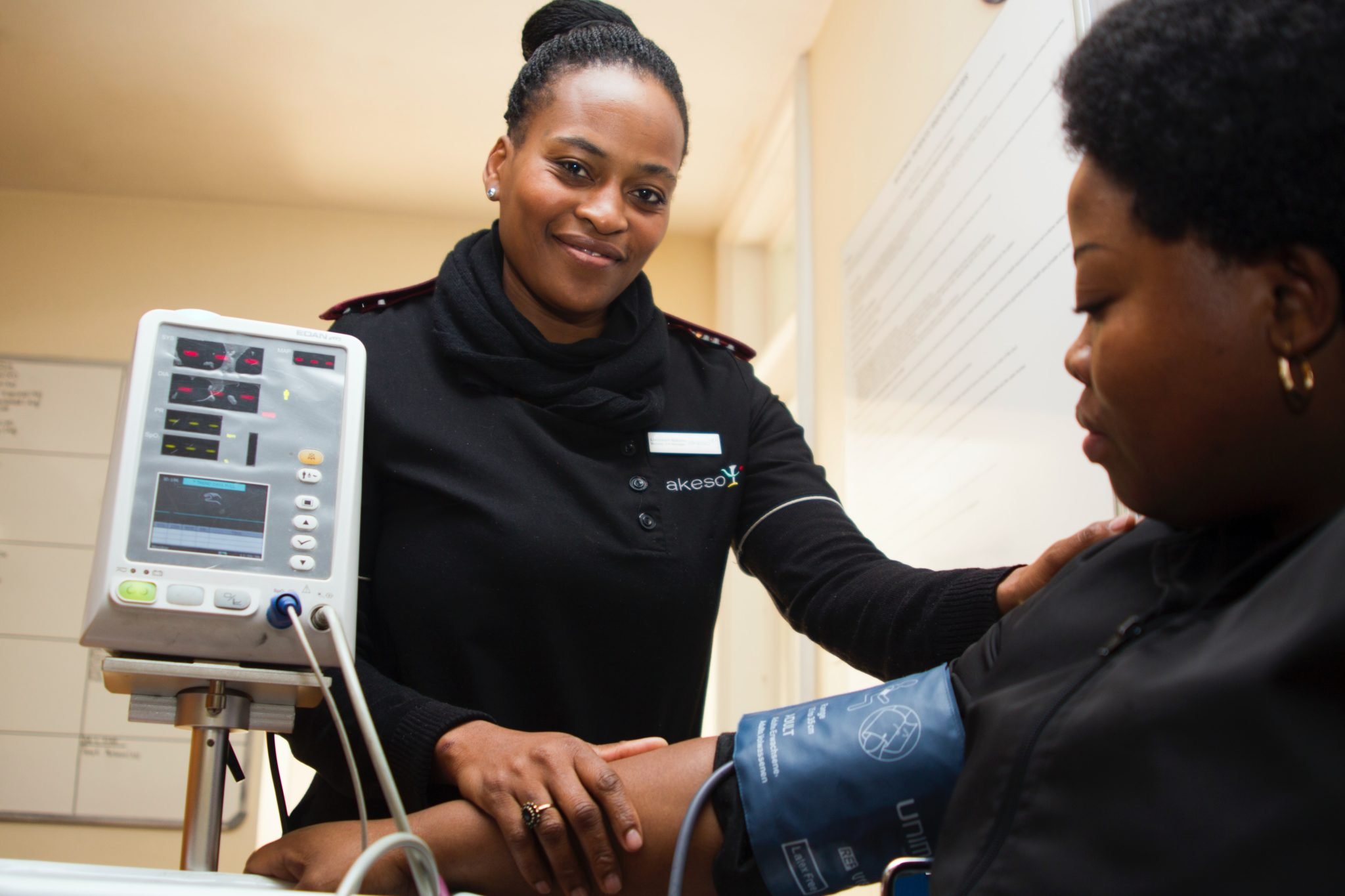
A story of resilience: Investing in caregiver experiences
More than one in five Americans is serving as a caregiver. One study found that family caregivers are in worse health now than five years ago.
